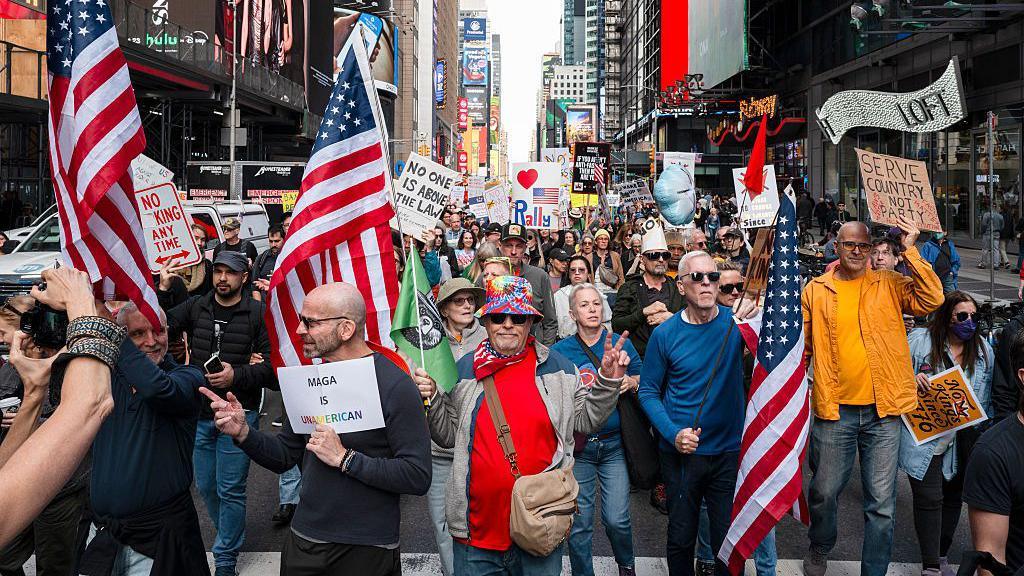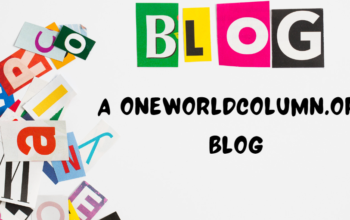
In recent years, various social movements around the world have called attention to systemic inequalities, injustices, and demands for a more inclusive and equitable society. One of the powerful movements that has emerged in recent years is the No Kings Protest. This protest is not just about challenging the idea of monarchy or traditional authority, but also about advocating for social, political, and economic change. In this blog, we will explore the No Kings Protest, its origins, what it stands for, and how it is challenging the status quo.
What is the No Kings Protest?
The No Kings Protest is a social and political movement that calls for the abolition of hierarchical systems, particularly focusing on the idea of monarchy, aristocracy, and the concentration of power in the hands of a select few. The core message of the protest is clear: no one should be above the law, and all people are equal regardless of their heritage, status, or wealth.
While the name may seem to specifically target monarchies, the protest is much broader. It addresses social hierarchies in all forms, including those based on class, race, gender, and economic power. The movement seeks to dismantle systems of oppression and inequality, advocating for democracy, human rights, and justice for all individuals.
The Origins of the No Kings Protest
The No Kings Protest draws inspiration from historical uprisings, revolutions, and social justice movements that have challenged oppressive rulers and regimes throughout history. The idea of rejecting monarchy is not a new one—revolutions like the French Revolution, American Revolution, and Russian Revolution sought to overthrow monarchs and aristocracies in favor of more egalitarian forms of governance.
The modern No Kings Protest was born out of grassroots activism and the increasing frustration among younger generations with entrenched political elites. These elites, often seen as disconnected from the realities faced by ordinary citizens, perpetuate systems that favor the wealthy and powerful. The protest calls for a reevaluation of leadership and authority, demanding that power be more evenly distributed across society.
Core Beliefs and Values of the No Kings Protest
The No Kings Protest is centered around a few key values and principles:
1. Equality and Justice for All
At the heart of the No Kings Protest is the belief that all people should have equal opportunities and rights. This includes advocating for economic equality, where wealth and resources are not hoarded by a small elite, but are instead shared more equally across society.
2. Rejection of Authoritarianism and Hierarchical Systems
The protest challenges the traditional models of governance that place certain individuals or families in positions of power based solely on their birthright or wealth. It rejects the idea that a king, monarch, or aristocrat should have the power to make decisions on behalf of the people without their consent.
3. Democracy and Direct Participation
A core principle of the No Kings Protest is the promotion of democracy and direct participation in political and social processes. The protest demands that people have more say in the decisions that affect their lives, moving away from systems where power is concentrated in the hands of a few.
4. Recognition of Historical Inequalities
The movement acknowledges the long history of colonialism, racism, sexism, and economic exploitation. It seeks to right the wrongs of the past by addressing the systemic inequalities that continue to affect marginalized communities today.
5. Non-Violence and Civil Disobedience
The No Kings Protest largely promotes non-violent resistance and civil disobedience as methods of protest. While the movement is often critical of the political establishment, it maintains that change should come through peaceful means, such as peaceful demonstrations, boycotts, and advocacy.
The No Kings Protest in Practice
While the No Kings Protest may not be as widely recognized as some of the larger global movements like Black Lives Matter or Extinction Rebellion, it has gained traction in specific regions and among certain groups. Activists and supporters have staged protests in various cities around the world, demanding greater transparency, accountability, and equality in governance.
Some of the key actions of the protest include:
-
Mass Demonstrations: Large-scale marches and protests aimed at drawing attention to issues of inequality and the concentration of power.
-
Educational Campaigns: The protest also seeks to raise awareness about the historical roots of monarchy and hierarchy, educating people on how these systems perpetuate injustice.
-
Online Movements: The No Kings Protest has found a platform in the digital age, with online campaigns and social media movements pushing for political reform and a more inclusive society.
-
Collaborations with Other Movements: The No Kings Protest has joined forces with other global movements advocating for racial justice, economic reform, and climate action, creating a unified call for global change.
The Impact of the No Kings Protest
Although the No Kings Protest is still growing and may not yet have achieved the same level of influence as other long-standing social movements, it has certainly begun to make waves in the political sphere. Some of the key impacts of the protest include:
1. Increased Public Awareness of Monarchy and Hierarchical Systems
The protest has helped bring attention to the legacy of monarchy and aristocracy, urging people to consider the ongoing impact of these systems on modern society. It challenges the notion that certain individuals or families deserve power based solely on their lineage or wealth.
2. Strengthened Calls for Social and Economic Equality
The No Kings Protest has contributed to the broader conversation on income inequality, economic justice, and social reform. It has added momentum to efforts that seek to address the wealth gap and provide more opportunities for disenfranchised groups.
3. Empowerment of Marginalized Communities
By advocating for equality and challenging traditional power structures, the No Kings Protest has empowered marginalized communities, including people of color, women, and the economically disadvantaged, to demand a voice in the political process.
Conclusion
The No Kings Protest is a powerful movement that challenges centuries-old systems of oppression, inequality, and undemocratic governance. It calls for equality, justice, and a world where power is not concentrated in the hands of a few, but is shared by all people. As the movement grows and gains traction, it continues to inspire people around the world to stand up for what is right, challenge established norms, and demand a fairer, more just society.
By raising awareness and sparking conversations about hierarchy, power, and privilege, the No Kings Protest is pushing for a world where everyone can have a voice, and no one is above the law. It’s a call to action for individuals, communities, and governments to rethink their approach to power and authority.
